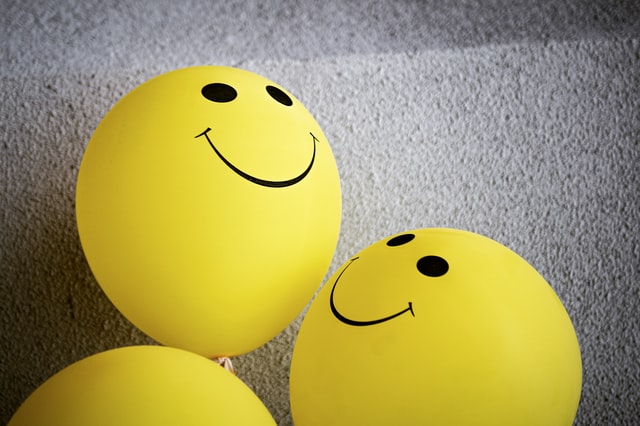“Can you make it better?”
A new Amazonas awareness campaign
Have you ever felt overwhelmed by the circumstances and changes that this pandemic has directly produced on our lifestyles in these last ten months of our lives? Have you felt troubled by facing many restrictions on personal freedoms?
As for my personal experience, coming from Italy, the first Western democracy that had to “stop” in front of the virus, and living in Rome, a perpetually chaotic city, it was a real shock. The squares that I used to see full of tourists have emptied out; the streets normally clogged with city traffic have turned into silent endless boulevards; cultural places such as universities, cinemas, theaters and schools have closed their doors leaving us youngsters without social gathering places. But the hardest thing to accept, both physically and mentally, was to stay indoors for over two months and share that living space with the usual three people: my brother, my father and my mother. For about 60 days, I interacted physically and intellectually primarily with my family members, questioning many social laws that had prevailed in my everyday life up to that point.
The restrictions of personal freedoms, such as being able to walk freely on the street, being able to have physical contact with a stranger, being able to see a smile now obscured by the surgical mask, have not only changed our daily life, but have also greatly changed our canons of socialization and the behavior of the individual towards a community that has slowly begun to no longer have a concrete meaning but to assume a totally abstract one.
When the first lockdown came into force in Italy, just over 10 months ago, many political questions were raised on the constitutionality of such a provision, without however taking into consideration or analyzing what the psychological consequences of such measures could have been. These questions were raised later, highlighting the discomfort of a population that no longer felt like a gathering, but a single one.
This awareness has begun to act with increasing force and has made many organizations (governmental and non-governmental) move, not only in my country but wherever the virus has arrived, to offer free psychological support.
Even Amazonas in these days is launching its own online campaign called “Can you make it better?”, a campaign that addresses as its main problem the pandemic that is still upsetting our lives today and which aims to raise awareness about this within the community and dealing with feelings such as depression, anxiety and loss of social contact (but not only).
Every month, on Amazonas social pages (Facebook and Instagram) will be published articles centered on specific topics that can help us feel better. The important thing is to realize that what we are experiencing, we are all experiencing together, that we are not alone. And above all that it’s totally normal to feel sad, but let’s not let these feelings consume us completely.
So go and take a look at our social networks and our website for more information, perhaps hoping soon to be able to address these issues again in person.
Francesco

